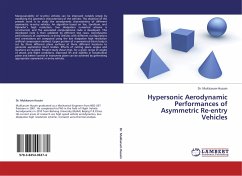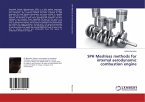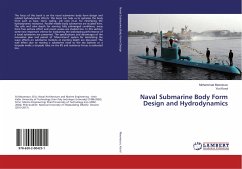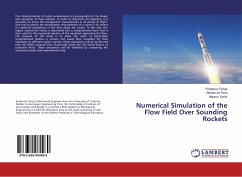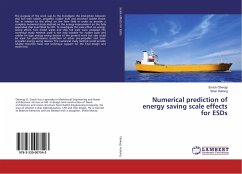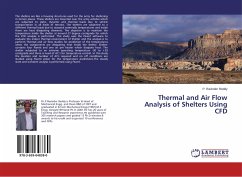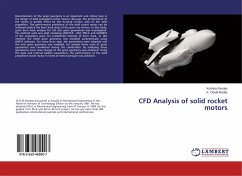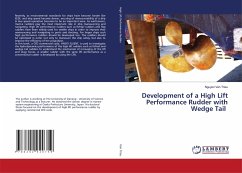Maneuverability of re-entry vehicles can be improved notably simply by modifying the geometric characteristics of the vehicles. The objective of the present work is to study the aerodynamic characteristics of different asymmetric re-entry vehicles. An algorithm based on Yee, Sandham, and Djomehri's high resolution, low dissipation numerical scheme is constructed, and the associated computational code is developed. This developed code is then validated by different test cases. Aerodynamic performances of asymmetric re-entry vehicles with different configurations and orientations are computed using the low dissipative high resolution artificial compression method. Upper portion of a symmetrical blunt body is cut by three different plane surfaces at three different locations to generate asymmetric blunt bodies. Effects of cutting plane angles and locations are studied. Present study shows that, for a given range of angles of attack and flight conditions, improved lift and stability in longitudinal plane and better control in transverse plane can be achieved by generating appropriate asymmetric re-entry vehicles.

